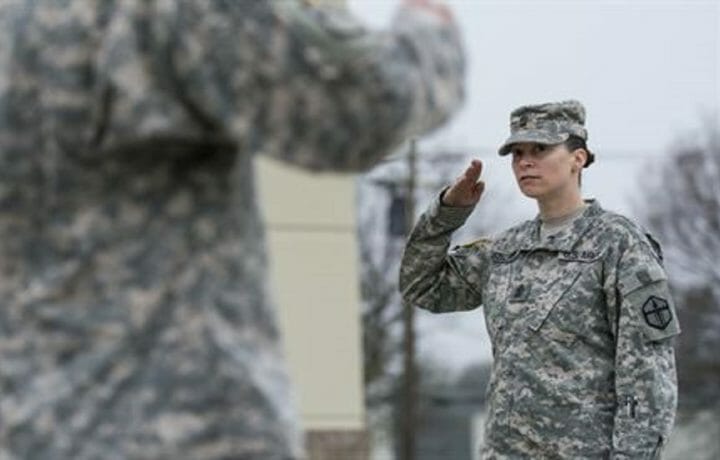Eight years ago, after the Great Recession, the unemployment level of veterans reached a level considered to be at the crisis level by economists and experts in the field of employment – 12.1%. After a steady seven-year decline, the latest 2018 unemployment rate for all veteran age groups came in at 3.5% – the first time it has dropped below 4% for veterans, according to the Bureau of Labor Statistics. For the most current veterans – known as the Post 9/11 group – it was a little higher at 3.8%. This number is noteworthy, as it is considered by economists as being at the “fully employed” level. It is also important because it is on par with the nation’s non-veteran unemployment rate of 3.7%. In the past, the unemployment rate of veterans has always been higher than for nonveterans.
Women veterans see improved employment prospects
Women veterans for the first time in recent history are faring better than their male veteran counterparts, as the unemployment rate for all women veterans for 2018 came in at a low of 3.0% – the lowest on record for this group in this century. And this low employment rate carried through for the Post 9/11 group of women veterans at 3.5% compared to their male counterparts in the same veteran group at 3.9%.
Employment is not the only area where women veterans are excelling today. A recent report out of Florida State University showed that veteran women of color earn more than non-veteran women of the same race, and across the board more than white non-veteran women. Overall, veteran women of all races out earn non-veteran women by 8%.
Part of the reason to account for the difference is that veteran women of color are more likely to work in higher paying jobs in management, healthcare and law enforcement after getting out of the military.
When compared to non-veteran women’s earnings, they made 115% more money. The key to their higher employment and earnings for what is typically the lowest civilian labor-market – disadvantaged minorities and especially women – is their military service. Just more evidence that that women veterans bring a lot to the table in the civilian job marketplace today.


